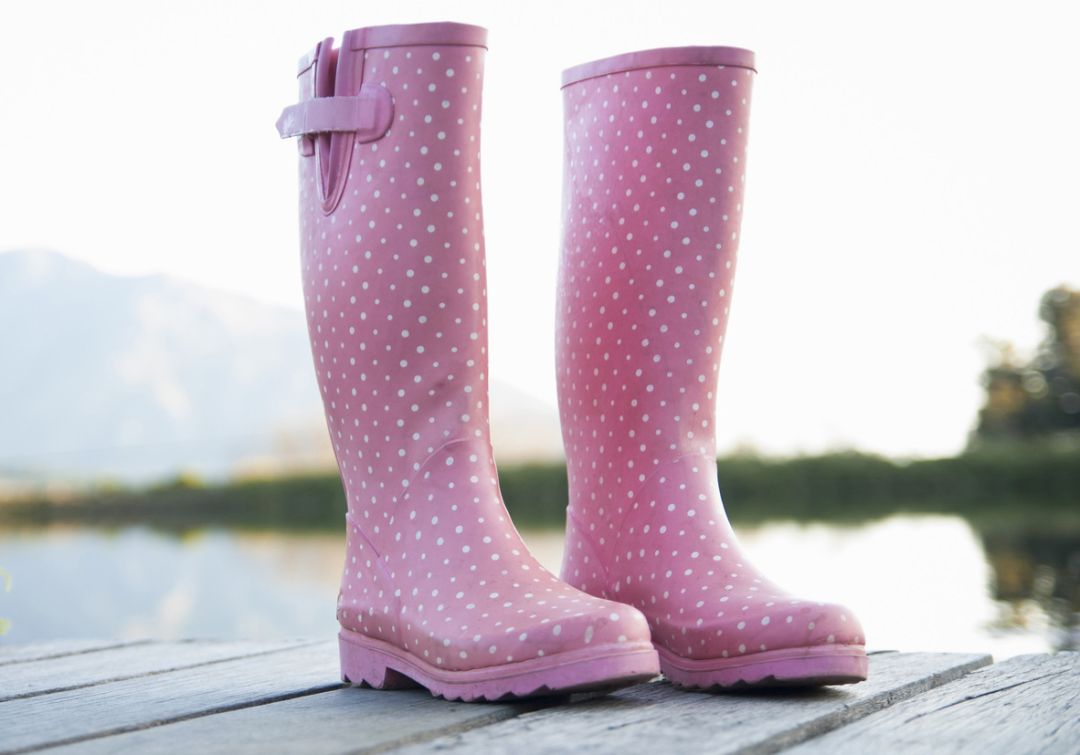Are you part of the sharing economy?
Intrigued at the growing number of opportunities to participate in what is known as the ‘sharing economy’, Jini Reddy prepares to bring more sharing, swapping and bartering into her life…

When we share, we allow the goodness in our souls to be seen and felt – that’s my theory anyway.
To earlier generations, sharing was part of a way of life that encompassed community spirit, generosity, kindness and common sense. To modern society, the sharing economy often motivated by our need to reconnect to others and to save what’s left of the planet’s natural resources.
‘It’s about the sharing of skills, time and resources in creative ways: swapping, recycling, borrowing and lending. It’s also about collaborative ventures such as crowd-sourcing, shared ownership schemes and buying secondhand. One aspect of it is monetised and one isn’t,’ says Benita Matofska, founder of global movement The People Who Share and sharing directory compareandshare.com, who tells me there are 32.4 million adult sharers in the UK today. That’s an awful lot.
‘When I used to give talks on the sharing economy in early 2011, people would look at me like I was an alien. But now it’s really incredible how much momentum it has and how much greater awareness and interaction there is,’ she says.
I love the idea, so I decide to plunge into the sharing economy and engage in it full-on for a month.
My initial attempts are a bit deflating. I live in a London suburb and my attempts to secure a lift through Go Car Share and Londonliftshare prove fruitless. There are kind souls aplenty offering rides into the Big Smoke, but generally in the morning – not early evening when I tend to head in.
I join Streetbank. I offer up my spare cycle helmet on the site – it’s just sitting at home. I’m thrilled when charity worker Rachel replies. We meet up a few days later, she tries it on (‘a perfect fit’!) and thanks me. As I head home, I feel like I’ve been given a gift, and yet, it’s me who gave something away. Can feeling good about yourself be this simple?
In week two, I sign up for a day with Food Cycle, a charity aiming to alleviate food poverty and social isolation. They have hubs all over the UK and teams of volunteers collect food surplus from supermarkets, independent stores and grocers, prepare it and serve and welcome clients from local communities.
I volunteer at a kitchen in Tooting. We all rifle through our booty: donations of potatoes, broccoli, peppers, grapefruit, cherries and bread, and we need to fill in a few gaps food-wise, so I head off with a couple of my kitchen comrades to cajole local market sellers into parting with their wares. It’s great fun: and I feel like a lottery winner as we head back to the kitchen with our extra goods.
I stand in the street with a sign inviting passers-by to come have a three-course meal for free. Many ignore me entirely, a few stop and ask questions, and just one or two decide to actually come in. In the end we serve 15 meals, but we could have offered three times that. It seems that not everyone is comfortable with the notion of something for nothing.
That week I also discover Borrow My Doggy. This website matches dog-lovers who can’t or don’t own their own canines with owners who need someone to mind or walk theirs. The idea is that you build up a relationship with the dog, and, at the same time, forge a hound-centred friendship with the owner.
I meet up with Rikke Rosenlund, the dog-mad founder of the website, and borrow a sweet and sociable Terrier called Elvis from her. I walk him on Wimbledon Common and enjoy cuddles with him. It’s fantastically therapeutic and I can see myself doing this again.
Meanwhile, on Streetbank I see a woman is offering free Reiki. I could do with a bit of spiritual pampering, so I eagerly reply – but never hear back. There is definitely a hit-and-miss element that goes hand-in-hand with this gift culture.
One Sunday lunchtime, I head to the Buddhist Thai Buddhapadipa Temple in Wimbledon. It is one of the many places of worship in London to offer free meals to all. I arrive a bit late and shyly stand in front of pots of curries and salad as spicy morsels are ladled onto my plate by a smiling volunteer.
I eat my food on the temple steps, surrounded by woodland, a pond and gardens, and feel my equilibrium restored. I vow to visit more often and not just on a Sunday.
That evening, I log on to Impossible.com, the gift culture site of actress, model and activist Lily Cole, where you can post wishes and hope for them to be fulfilled. One woman is looking for some items to raffle in a charity ball, and so I offer a bottle of Champagne I’d won through work. A flurry of messages ensues – she seems delighted, but then mysteriously falls silent before I can get the bubbly to her. Another miss.
But on the upside, I’m shortly due to go to the Wilderness Festival, on the outskirts of Oxford and rain is forecast, so I put out the feelers for a pair of wellies. Local mum Nicola offers me her spotty ones on Streetlife, while Stephanie on Streetbank says she also has a pair I can use. I’m spoilt for choice!
In my final week, I gather up a few unloved glad rags and head to Spitalfields in east London and Mrs Bear’s Swap Shop. You bring in clothes, shoes or accessories – they're all graded, then you're given a coupon and you can scan the rails for an equivalent number of items.
The vibe is friendly, the stuff on the rails looks good and the room is packed with women of all ages. There is a lovely feeling of sisterhood as we ask each other for second opinions, help with stubborn zips or to wriggle out of too-tight tops. The black fedora and candy-stripe shirt that I head home with almost seems like a bonus.
While it’s been exciting to discover these innovative sharing ventures and to save money, the most touching aspect of my challenge has been the kindness of strangers and the connections I’ve made. It is heartening to know that in this vast metropolis, community is thriving. I plan to keep exploring the possibilities, and the sharing economy has now become an integral part of the fabric of my life.
Photograph: plainpicture/Cultura









